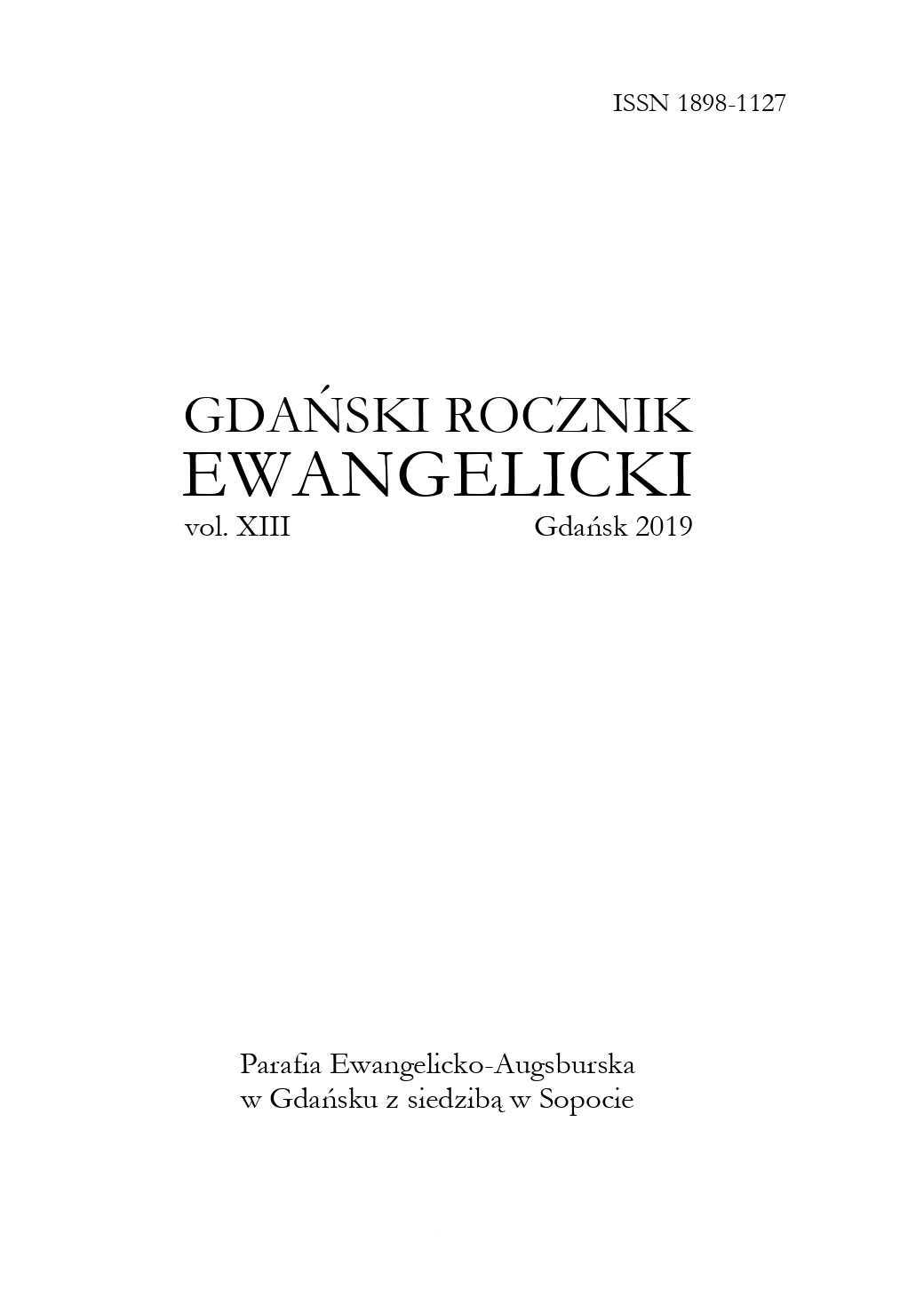Musica theologica. Religious Aspects of Die Kunst der Fuge, Musikalisches Opfer, and Goldberg Variations of J. S. Bach
Musica theologica. Religious Aspects of Die Kunst der Fuge, Musikalisches Opfer, and Goldberg Variations of J. S. Bach
Author(s): Józef MajewskiSubject(s): Christian Theology and Religion, Music, 17th Century, 18th Century, Sociology of Religion
Published by: Parafia Ewangelicko-Augsburska (Luterańska) w Gdańsku-Sopocie
Keywords: the last period of Bach's work; secular instrumental music; theology; The Revelation of St. John the Divine; theology of the cross; Christology;
Summary/Abstract: Today, a reference to Johann Sebastian Bach as a “theological musician and musical theologian” (Robin A. Leaver) is no longer surprising. The discovery of theology in the composer’s religious vocal/instrumental works or ones which are purely instrumental, but have religious titles, is not surprising, either. However, musicians increasingly suggest that Bach wrote musical theology also in his purely instrumental works, which have “always” been considered secular. The author of the article outlines theological interpretations of three such works dating to the last period of Johann Sebastian’s work: Die Kunst der Fuge, Musikalische Opfer i Goldberg-Variationen.
Journal: Gdański Rocznik Ewangelicki
- Issue Year: 2019
- Issue No: 13
- Page Range: 181-202
- Page Count: 22
- Language: English

